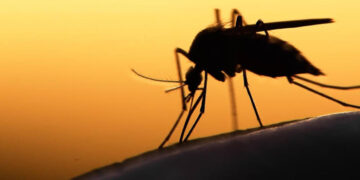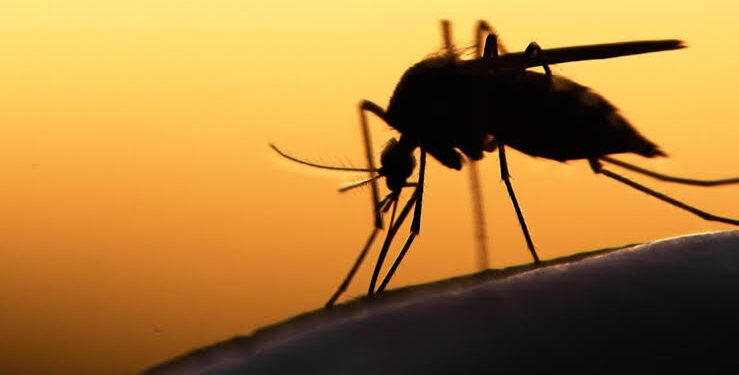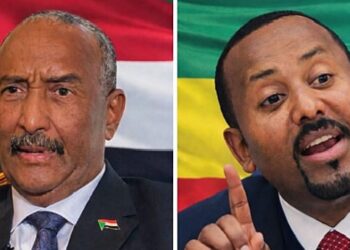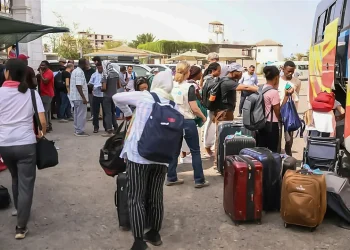By John Ikani
African Union Heads of State and Government, alongside global health leaders and development partners, have jointly issued a pressing plea for immediate action to tackle an impending malaria crisis.
They caution that delaying action now jeopardizes both the African Union’s goal of eradicating malaria in Africa by 2030 and the United Nations’ aim of ending malaria epidemics by 2030.
During a press briefing held on the sidelines of the United Nations General Assembly in New York, leaders underscored the severity of the situation, labeling it the most significant malaria crisis in the past twenty years.
The crisis results from a combination of factors, including climate change, rising resistance affecting the effectiveness of insecticides and antimalarials, and the insufficient funding stemming from the global financial crisis.
President Umaro Sissoco Embaló of the Republic of Guinea-Bissau, who also chairs the African Leaders Malaria Alliance, painted a stark picture, stating, “We find ourselves at a pivotal moment. Presently, there are not enough resources to sustain existing life-saving malaria programs, posing the gravest threat to malaria elimination in the past two decades. If we do not promptly address the immediate funding gap of $1.5 billion and rally the necessary resources, we will inevitably witness a resurgence of malaria and epidemics.”
The ongoing global financial crisis was cited as a cause for concern, as it has led to considerable increases in the costs associated with providing essential malaria interventions.
Countries are now grappling with heightened levels of resistance to insecticides and drugs, necessitating the adoption of newer, more costly tools and strategies for effective mitigation.
What you should know
Mlaria is a parasitic disease that is transmitted through the bite of an infected mosquito. It is a major public health problem in Africa, with over 90% of all malaria deaths occurring in the region. Malaria is preventable and treatable, but it remains a major killer of children under the age of five.
There are a number of factors that contribute to the malaria crisis in Africa. Poverty, lack of access to healthcare, and environmental factors such as climate change all play a role. In addition, the emergence of drug-resistant malaria parasites is making it more difficult to treat the disease.
The impact of malaria on Africa is devastating. In 2020, there were an estimated 241 million cases of malaria and 627,000 deaths from the disease worldwide. The vast majority of these cases and deaths occurred in Africa.
Malaria has a significant impact on the African economy. It is estimated that malaria costs Africa $12 billion each year in lost productivity and economic growth. In addition, malaria diverts resources away from other important public health priorities, such as HIV/AIDS and maternal and child health.




































